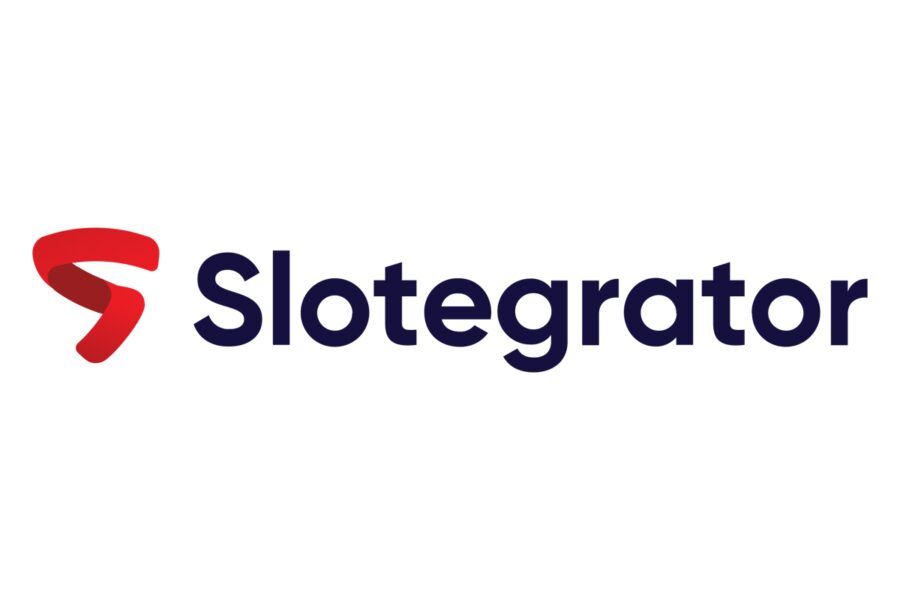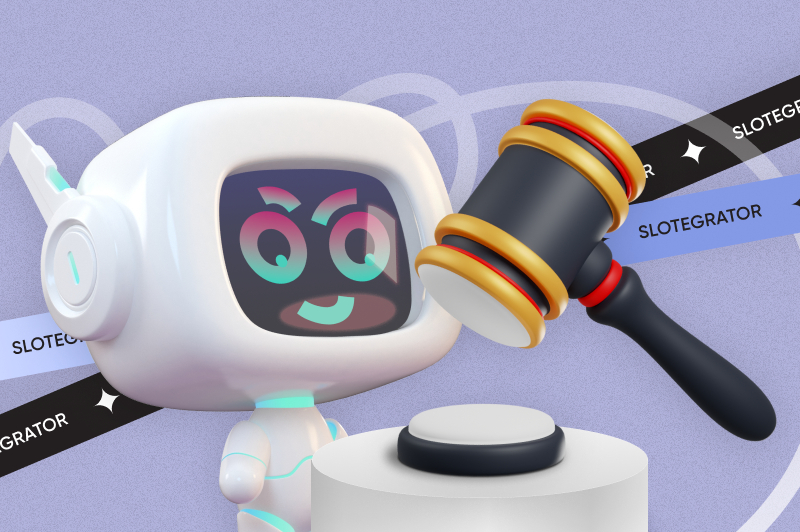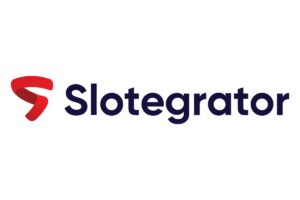How has iGaming changed in 2023?

Slotegrator surveyed its media partners, including Focus Gaming News, to see what they considered as the biggest trends of 2023 so far.
Opinion.- The first half of 2023 has flown by. The modern igaming industry changes almost too fast to keep track of, so we thought we’d take a beat to size up some of the year’s biggest trends so far. To do that, Slotegrator surveyed its media partners, including Focus Gaming News, and asked what they saw as the most important changes in igaming in the first six months of 2023.
Unsurprisingly, innovation was foremost on many of their minds. Zoltan Tundik, Co-founder and head of business at HIPTHER, observed that it’s necessary for iGaming brands to embrace new forms of technology, saying, “We can clearly see that the gaming industry is attracting the attention of many other industries which can bring a lot of innovation and drive things forward. This is especially coming from the blockchain, fintech, artificial intelligence and virtual/augmented reality sphere. If the gaming industry can adopt all the latest technologies, we would surely see an increase in the right direction, making it an even more attractive area for both investors and stakeholders.”
His sentiment was largely shared. There were some common themes in their answers. A few talked about new regulations in various markets, cryptocurrencies and blockchain came up again and again, and the growth of AR/VR technology was mentioned more than once. And above all — somewhat expectedly — the growing role of AI dominated nearly every response.
Regulations

In the iGaming industry, regulations are always subject to change — and they often do. This year has seen a few significant changes in iGaming regulations around the world, as mentioned by many of those we surveyed.
Zakaria el Maaroufi, head of Business Development at SiGMA, pointed out how “one significant shift has been the increasing trend of local regulation in various markets worldwide. Countries such as Italy, Hungary, and Sweden have implemented new gambling regulations, indicating a growing focus on ensuring responsible gaming practices and consumer protection.”
Leanna Klyne, Agency director at Affiverse, zeroed in on how stricter regulations will affect casino operations: “Since the start of 2023, the gambling industry has undergone a couple of notable transformations, including heavier regulation in key markets such as the UK and the US. This shift has compelled brands to reassess their strategies, forcing them to concentrate on their unique value propositions (USPs) and intensify efforts towards customer engagement and targeted outreach across a wider array of partnership opportunities. Today, success in the industry requires laser focus and an unwavering commitment to meeting evolving customer needs.”
Chris Murphy, Media director at SBC Global, sees the recent publication of the UK’s White Paper on gambling to be a watershed moment in the history of UK gambling, which has enjoyed a decade and a half of liberalization. Casinos’ efforts to acquire and retain players are going to come at a “price:” “And that price could prove to be player safety over player satisfaction. I’m obviously speaking here from a Europe-centric perspective, but for any upcoming gaming jurisdiction take note; it will eventually come your way.
“So 2023’s government white paper is where things get serious, with proposals to enshrine in law new obligations on operators to conduct checks to understand if a customer’s gambling is likely to be unaffordable and harmful.
“As set out by the paper, the UK Gambling Commission is to consult on two forms of financial risk check. Firstly, background checks at moderate levels of spend, to identify financial vulnerability indicators such as County Court Judgments. It proposes these should take place at £125 net loss within a month or £500 within a year.
“The second check is on higher levels of spend which may signal harmful binge gambling or sustained unaffordable losses. The regulator proposes thresholds of £1,000 net loss within 24 hours or £2,000 within 90 days. The aim is to gather a more “detailed consideration of a customer’s financial position”. However, the triggers for enhanced checks should be halved, says the white paper, for those aged 18 to 24 given evidence on increased risk.”
Major regulatory changes in the UK often have a ripple effect, with governments elsewhere following suit, so operators the world over would be wise to familiarize themselves with the details of the white paper.
Blockchain

Despite high-profile turbulence in the cryptocurrency world like the crash of FTX, the role of cryptocurrencies and blockchain tech in general in iGaming is growing. According to El Maaroufi, “another noteworthy trend in 2023 is the integration of cryptocurrencies and non-fungible tokens (NFTs) into the financial systems of meta-casinos. This advancement aims to simplify transactions, particularly when it comes to withdrawing and depositing funds across different countries.”
Overall, the general feeling is that we’ll continue to see blockchain and cryptocurrencies play a bigger and bigger role in iGaming, both in the payments landscape and in the development of new types of gaming.
AI
Nearly everyone we talked to focused on the wide range of applications AI has for iGaming.
Yudi Soetjiptadi, Managing director at Eventus International, remarked that “the gaming industry is an innovative and ever-evolving space, which is what makes it such an exciting industry to work in. Since the beginning of 2023, AI in iGaming has dominated industry attention and has been a prominent topic of discussion at our events. More operators are embracing AI models to improve marketing strategies, monitor player protection, bolster cybersecurity measures and streamline internal operations. Personally, I think this is an exciting trend and look forward to seeing more AI applications revolutionising the gaming space.”
Tetelboim pointed out the two main applications of AI in iGaming: “the first uses of Artificial Intelligence (AI) in the sector are making online casinos safer for users, collaborating to avoid addictions and reducing operator overheads.”
Focus Gaming News founder and director Fernando Saffores broke down how AI is changing the iGaming landscape point by point.
On the capacity of AI to deliver a personalized gaming experience and analyze player behaviour: “AI algorithms analyze player data, preferences, and behaviours to deliver personalized gaming experiences. By understanding individual players’ interests and habits, AI can recommend relevant games, provide tailored in-game content, and offer customized rewards and promotions. AI is used to analyze player behaviour patterns and identify signs of problematic gambling or cheating. It can detect unusual betting patterns, monitor player interactions, and flag potential instances of fraud or collusion, helping to ensure fair and responsible gaming practices.”
On using AI for game development: “AI is employed in game development to automate certain aspects of the process. Machine learning algorithms can generate and test game levels, characters, and environments, speeding up the creation process and improving efficiency. AI can also assist in game testing by simulating player behaviour and identifying bugs or balancing issues.”

On game optimization with AI: “AI algorithms can monitor player engagement and performance metrics, collecting data to optimize game mechanics, difficulty levels, and pacing. This data-driven approach helps game developers fine-tune their games for maximum player satisfaction and retention. AI can also enable dynamic game adaptation, where the gameplay adjusts in real-time based on player actions and preferences.”
On customer support such as chatbots: “AI-powered chatbots and virtual assistants are being used in online gambling platforms to enhance customer support. These AI systems can handle basic inquiries, provide real-time assistance, and help resolve common issues, improving the overall customer experience.”
On how AI can help with fraud detection and security: “AI algorithms are utilized to detect and prevent fraudulent activities in the gambling industry. By analyzing vast amounts of data, AI can identify suspicious transactions, detect potential money laundering, and enhance overall security measures.”
On responsible gaming: “AI technology assists in implementing responsible gambling initiatives. It can track player behaviour, detect signs of excessive gambling, and provide interventions such as setting limits, issuing warnings, or providing resources for responsible gambling practices.”
And Daniela Kianicová, PR and External Relations Lead at Casino Guru, wrapped it all up like this:
“Lastly, AI has had a significant impact on the industry, and the potential of ChatGPT is vast. Its applications are widespread and can benefit many departments. In summary, AI and ChatGPT enhance PR and marketing efforts by providing automated data analysis, personalized customer interactions, content creation, sentiment analysis, targeted advertising, predictive analytics, and social media monitoring. These capabilities enable professionals to make data-driven decisions, optimize campaigns, improve customer engagement, and enhance overall brand effectiveness.”
The rising tide of AI is generally accepted as undeniable — every industry will be profoundly affected, and iGaming will be no different. The varied applications of AI make it far too valuable a tool to ignore.
VR/AR
It seems that 2023 is the year that VR and AR finally start to break through, bringing players the immersive virtual casino experience. While we’re not at the point yet where players’ first port of call is a metaverse casino, El Maaroufi pointed out that “augmented reality (AR) and virtual reality (VR) gaming options have gained traction since the start of this year. Although still in their early stages, these technologies offer immersive and realistic gaming experiences. Several VR games are already available, providing a seamless blend of real-world and virtual elements.”

This is no real surprise, as iGaming is always quick to embrace new technologies.
Responsible gaming and player safety
In both well-established and emerging markets, the industry is seeing a rising emphasis on responsible gaming. Regulators are releasing more stringent requirements and operators are putting in the extra effort to prevent gambling harm.
Kianicová notes that “PR and marketing efforts in the online gambling industry have placed a stronger emphasis on responsible gambling messaging. Operators are increasingly proactive in promoting responsible gambling practices, including self-exclusion options, setting deposit limits, and providing resources for problem gambling. This shift reflects a growing focus on player well-being and social responsibility.
“As RG gains more prominence in industry media and events, it has created a sense of urgency (“fomo”) for companies that were previously less interested in RG. We have witnessed significant progress not just in terms of compliance and regulations but also in the way operators promote their brands. There has been a notable commitment to responsible marketing practices, with a focus on ethical marketing strategies and responsible messaging.”
Big growth in LatAm
New markets are always a big story. Currently, the industry’s focus is on Latin America, where countries like Brazil and Mexico are experiencing a betting boom fueled by a wave of liberalization. As Tetelboim said, “In Latin America, the sports betting markets of Argentina, Colombia and Peru are growing thanks to their recent regulations. Chile seems to be going backwards and Brazil, with a new government and soccer manipulation scandals, speeds up the approval of the long-awaited regulation in Congress.”
Marketing
There’s also an increasing emphasis on contemporary marketing techniques. While the affiliate model still dominates, according to Kianicová“Influencer marketing and Social Media have also gained significant traction in the online gambling industry. Operators are collaborating with influencers and popular content creators who have a strong following in relevant niches to promote their brands, products, and services.
“Importantly, we are also seeing initiatives that promote responsible gambling practices through influencer partnerships, which may have a great impact on the knowledge of problem gambling and its signs in public. That is one of the main reasons why we are releasing our own account on TikTok soon.”











